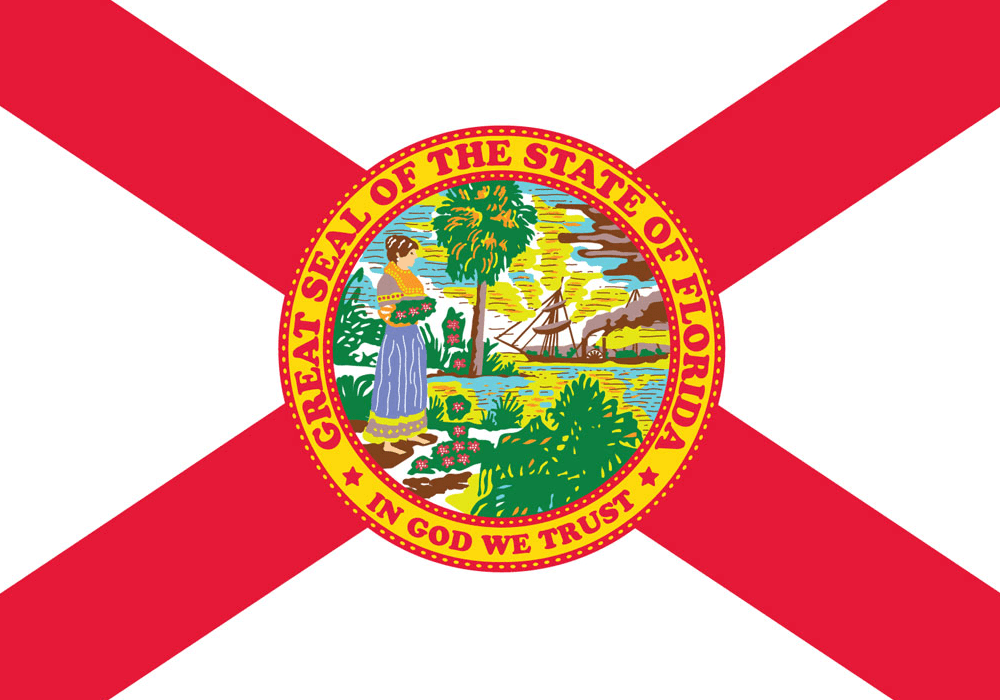Instead of any of the foregoing orders or in addition to them, the court shall require the party failing to obey the order to pay the reasonable expenses caused by the failure, which may include attorneys’ fees, unless the court finds that the failure was substantially justified or that other circumstances make an award of expenses unjust.
FL. R. Civ. P. 1.380
Committee Notes
1972 Amendment. Derived from Federal Rule of Civil Procedure 37 as amended in 1970. Subdivision (a)(3) is new and makes it clear that an evasive or incomplete answer is a failure to answer under the rule. Other clarifying changes have been made within the general scope of the rule to ensure that complete coverage of all discovery failures is afforded.
2003 Amendment. Subdivision (c) is amended to require a court to make a ruling on a request for reimbursement at the time of the hearing on the requesting party’s motion for entitlement to such relief. The court may, in its discretion, defer ruling on the amount of the costs or fees in order to hold an evidentiary hearing whenever convenient to the court and counsel.
2005 Amendment. Following the example of Federal Rule of Civil Procedure 37 as amended in 1993, language is included in subdivision (a)(2) that requires litigants to seek to resolve discovery disputes by informal means before filing a motion with the court. This requirement is based on successful experience with the federal rule as well as similar local rules of state trial courts. Subdivision (a)(4) is revised to provide that a party should not be awarded its expenses for filing a motion that might have been avoided by conferring with opposing counsel. Subdivision (d) is revised to require that, where a party failed to file any response to a rule 1.340 interrogatory or a rule 1.350 request, the discovering party should attempt to obtain such responses before filing a motion for sanctions.
2012 Amendment. Subdivision (e) is added to make clear that a party should not be sanctioned for the loss of electronic evidence due to the good-faith operation of an electronic information system; the language mirrors that of Federal Rule of Civil Procedure 37(e). Nevertheless, the good-faith requirement contained in subdivision (e) should prevent a party from exploiting the routine operation of an information system to thwart discovery obligations by allowing that operation to destroy information that party is required to preserve or produce. In determining good faith, the court may consider any steps taken by the party to comply with court orders, party agreements, or requests to preserve such information.
2013 Amendment. This rule was amended to add “substantially” before “justified” in subdivisions (a)(4), (b)(2), and (d), to make the rule internally consistent and to make it more consistent with Federal Rule of Civil Procedure 37, from which it was derived.
2019 Amendment. Subdivision (e) of this rule was amended to make it consistent with Federal Rule of Civil Procedure 37(e).

